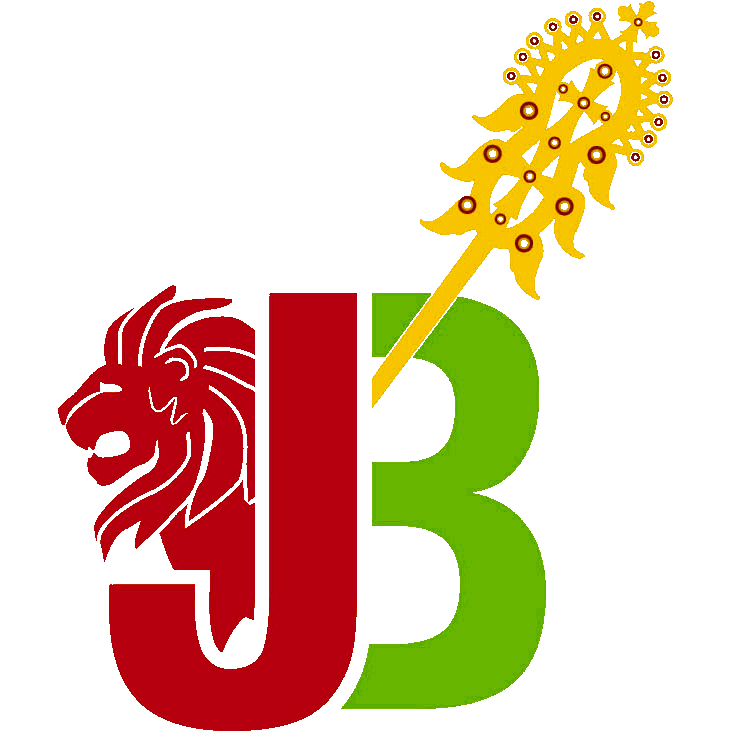Are you familiar with the biblical story of David and Goliath?
A towering giant had been taunting the entire army of the Israelites for 40 days, making them cower in fear. Along comes a shepherd boy. He decides to challenge the giant, but turns down the option to use armor and sophisticated weaponry. He preferred to use a sling.
 David knocked Goliath unconscious with a stone from his sling. He then killed the giant and cut of his head. Having won victory, the rest of the Israelites were instantly encouraged and chased the Philistines, killing them all.
David knocked Goliath unconscious with a stone from his sling. He then killed the giant and cut of his head. Having won victory, the rest of the Israelites were instantly encouraged and chased the Philistines, killing them all.
We see this story as a miracle. We tell it as a miracle. A small shepherd boy was able to defeat a champion fighter of the Philistine people. And, this shepherd boy defeated the giant with a sling and stone. How crazy is that?!
In our telling, David and Goliath has become a source of hope to the underdog. When the odds are stacked against us, we tend to turn to this story of triumph over adversity. Yet, is David really an underdog?
In preparation for his book, David and Goliath, Malcolm Gladwell recorded a TEDTalk trying to take a different perspective from the common underdog perspective. He saw the problem with this view, but overcompensated by making David a skilled warrior in his own right. He then tried to portray Goliath as slow and lumbering. Gladwell acknowledges that it doesn’t make sense to continue viewing this story as one of an underdog as we typically think. Yet, the biblical narrative is clear: David is a shepherd; Goliath is the champion of the Philistines.
There must be a better explanation for David and Goliath
Gladwell is right to move from the underdog narrative, because there is nothing miraculous about the story. Is it a miracle that someone went into battle, armed with the Spirit of the Lord and came out victorious? David was walking in the Spirit of the Lord: the miracle would have been if Goliath had somehow defeated David.
What we miss in our analogy of the underdog is perspective. When we champion an underdog story, it is usually with hopes of overcoming incredible odds bro our own purposes. We might want to get a promotion. We might hope to defeat an illness. We might be going against the best team in the league. We might be socially awkward, hoping to charm someone “out of our league.” Whether serious or trivial, they all miss the point of the story.
David wasn’t blessed by God so that he could be rewarded. He was blessed by God so that he could defeat the enemy of God. Goliath had mocked God, so he had to be defeated. All David did was present himself to be used by God.
This weekend, we’ve been reminded of our own David and Goliath story. #BlackLivesMatter and the recent racial terrorism of the massacre at Emmanuel AME Church in Charleston, SC have shown us that the Goliath of racism is alive and well, taunting us.
There’s a message in the story of David and Goliath for our Society. And, it’s one I try to relay in this message:







